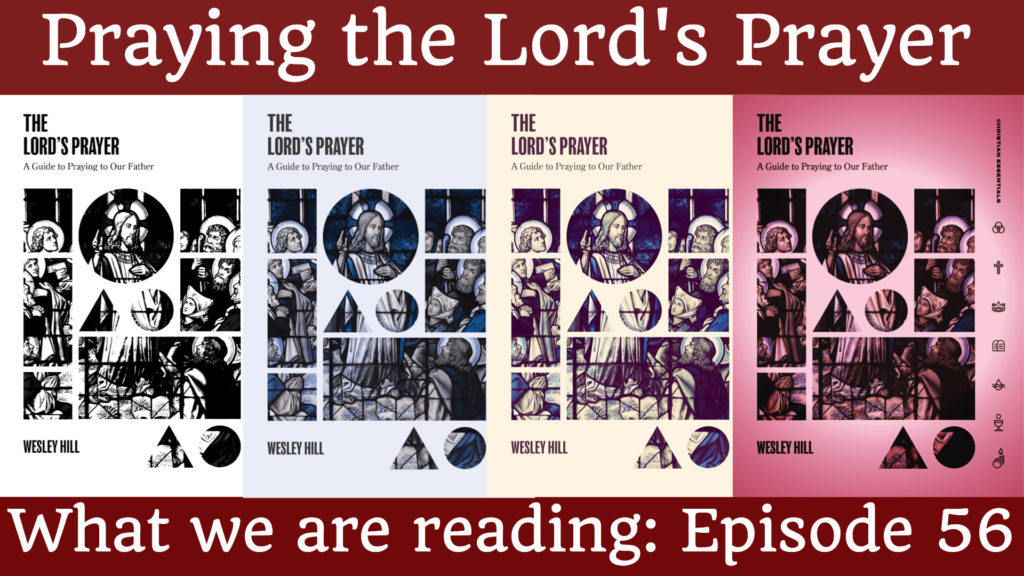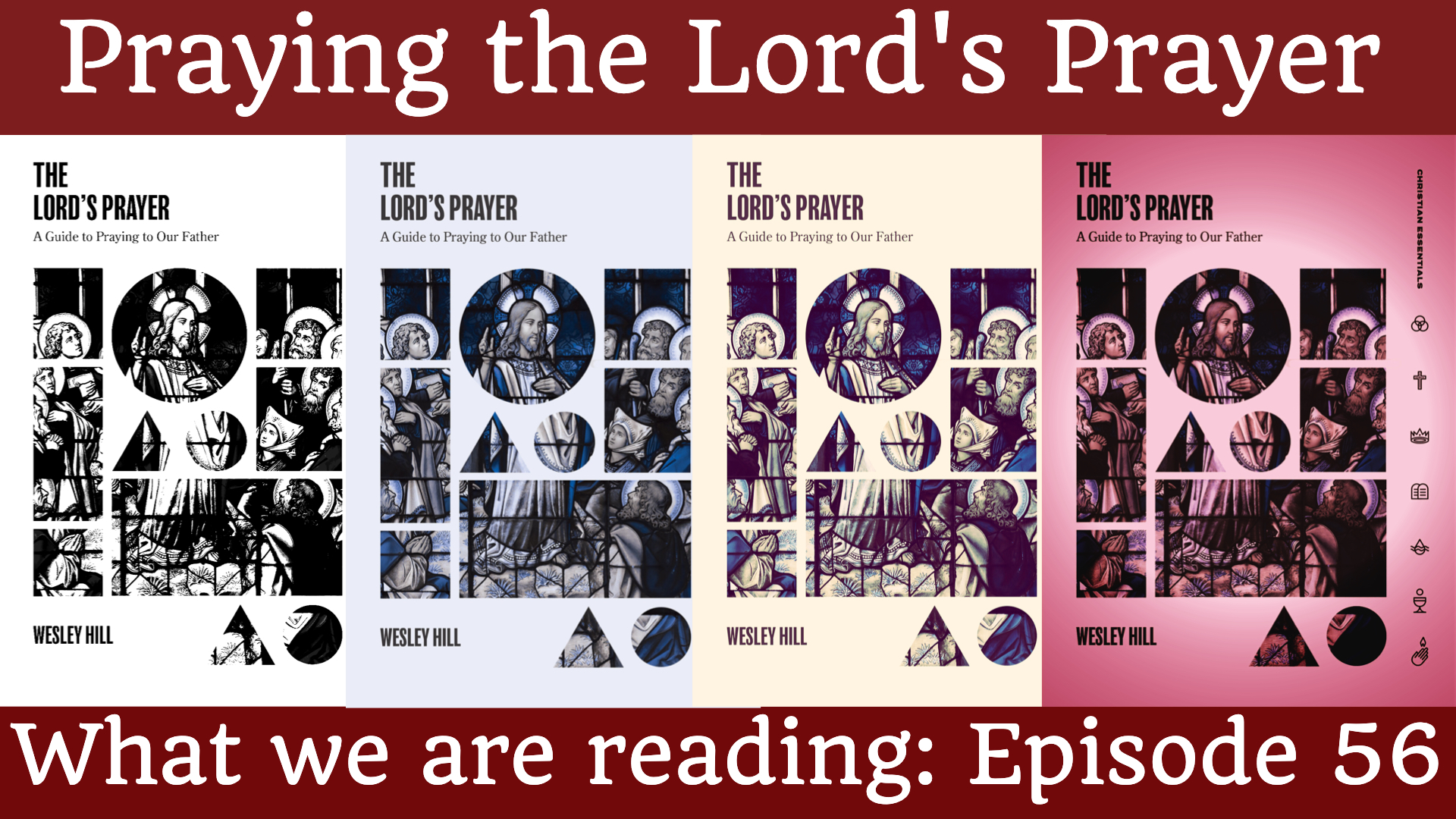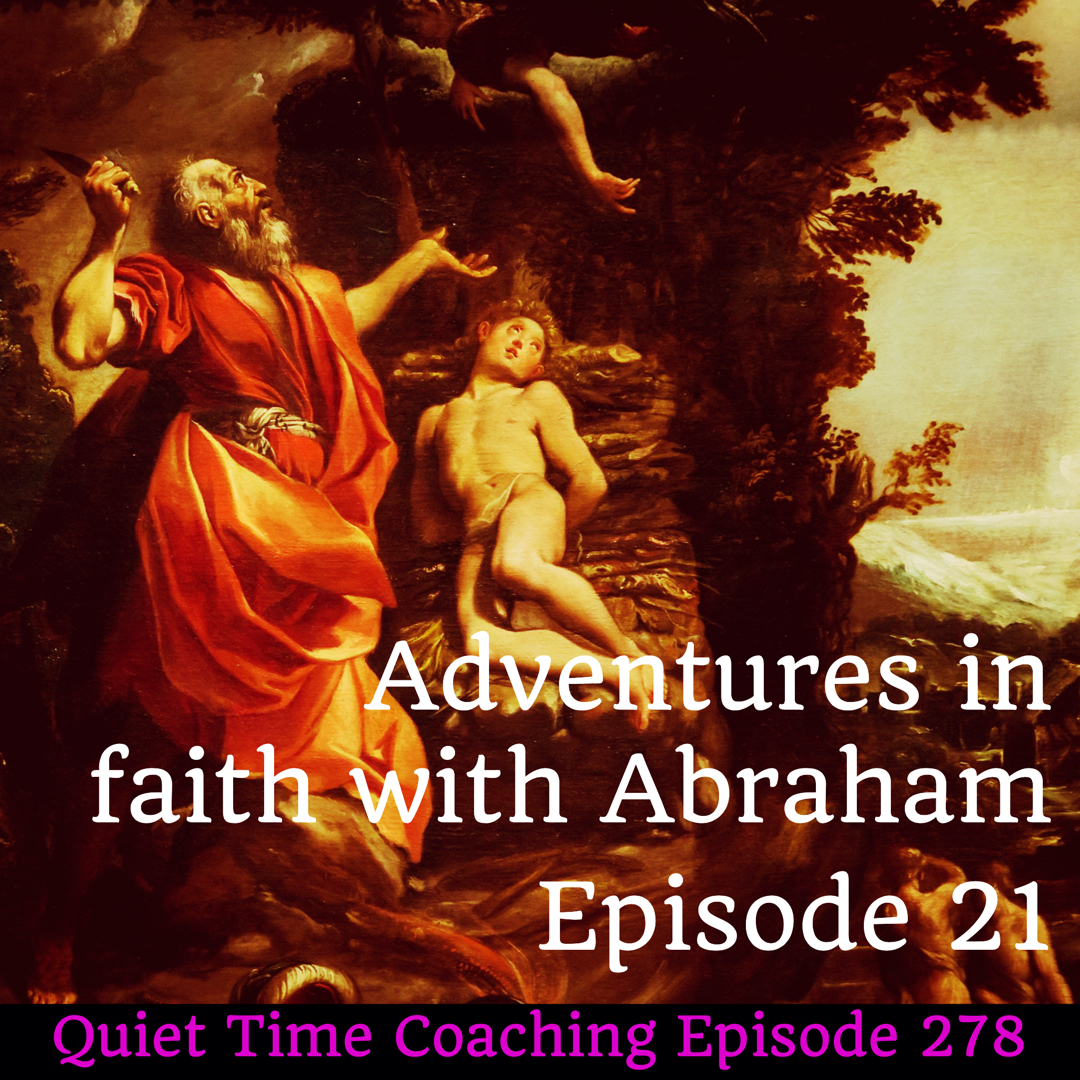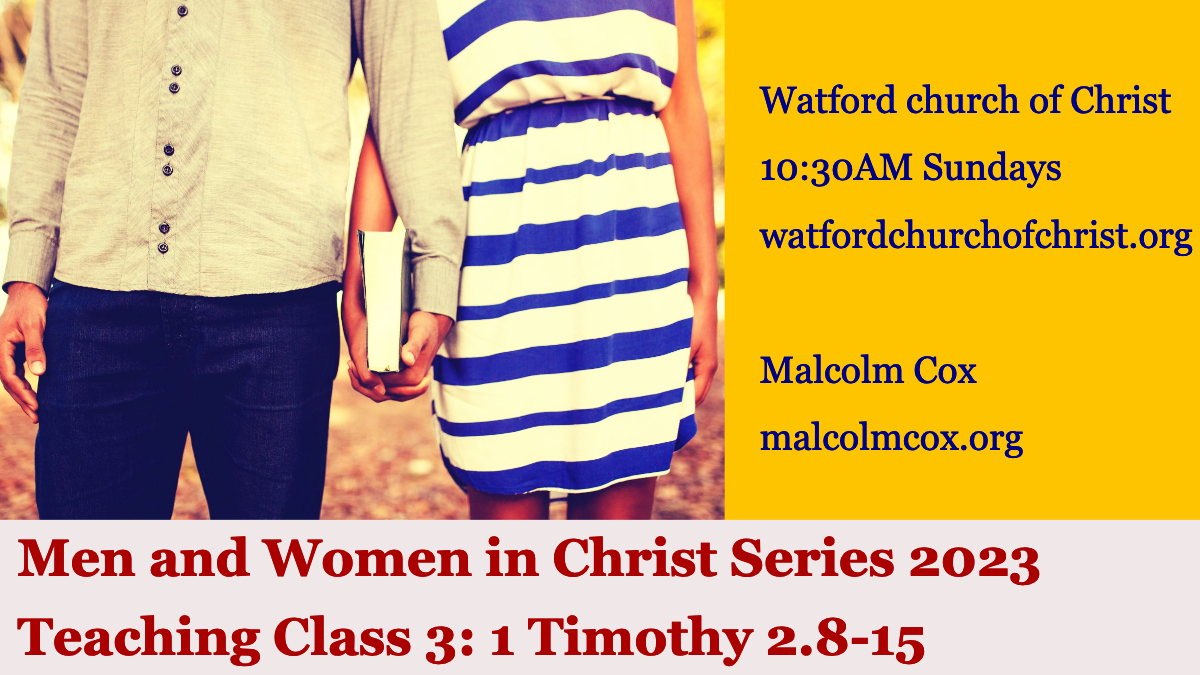What we are reading Episode 56

Why I read this book
Someone recommended it to me. I can’t remember who. Whoever it was, “thank you”.
It’s not hard to persuade me to read books on prayer. Especially the Lord’s prayer. Those few verses in the gospels give us more insight into our relationship with God and the significance of prayer then, perhaps, the rest of the New Testament all put together.
Any book which can give us deeper understanding of the prayer exemplar given us by Jesus is welcome.
Some notes about the book
It’s only 88 pages long in the kindle version. You could read it in one sitting. It’s part of what is called the “Christian essentials” series.
The Christian Essentials series passes down tradition that matters. The ancient church was founded on basic biblical teachings and practices like the Ten Commandments, baptism, the Apostles’ Creed, the Lord’s Supper, the Lord’s Prayer, and corporate worship. These basics of the Christian life have sustained and nurtured every generation of the faithful—from the apostles to today. The books in the Christian Essentials series open up the meaning of the foundations of our faith. Hill, Wesley. The Lord’s Prayer: A Guide to Praying to Our Father (Christian Essentials) (p. 3). Lexham Press. Kindle Edition.
Each chapter of the book focuses on one phrase from the Lord’s prayer. Let’s take a look at each chapter and a point or two.
1. Father
“Our Father in heaven”. The emphasis here is on rethinking our understanding of our heavenly father, redeeming the concept of fathering from the damage done in this world, and refreshing ourselves on what it means that God is our father.
“Father.” If you were to tally how many times Jesus uses that name for God, the total would reach approximately 65 by the time you finished the Gospel of Luke and over 170 by the time you reached the end of the Gospel of John.”
The Lord’s prayer, and the way Jesus related to his father help us to be drawn more deeply into the intimacy of a relationship with our heavenly father.
2. Hallowed
“Hallowed be your name”. In this chapter we are asked to consider who God really is? He is not like any other God.
“To pray for God’s name to be hallowed is to ask God to preserve and display this mysteriously radiant reality. It is to ask God to keep before the eyes of the world this drama of divine majesty and mercy so that we can continue to speak it back to God in worship and cling to it in times of desperation.”
In this prayer we are asking God to define himself to us, and to celebrate what that means.
3. Kingdom
“Your kingdom come”. Our reflection here is centred on what God is doing.
“Jesus is heralding the fact that God—like a king who has been abroad and absent from his native land—finally is returning to take back His throne.”
What are we asking for? We are asking God to make his rule more visible and more tangible.
4. Will
“Your will be done”. When we pray this phrase, we are reminding ourselves, as well as asking God, what it is that God wants done.
“..petitionary prayer invites us to imagine a different world—the world as God meant it to be and will ultimately make it..”
We pray here to ask God to refine our imagination such that it reveals God’s vision for humankind, and our part in it.
5. Bread
“Give us today our daily bread”. The focus here is a reminder that we are dependent upon our heavenly father. In addition, our ultimate bread is Jesus, not whatever is on our plate.
Referring to John 6, the author makes the point that,
“Jesus Himself [is] the daily bread He encourages us to pray for.”
6. Forgive
“Forgive us our sins”. This is the part of the prayer which counteracts a tendency towards pride, and grant us the inspiration to forgive other people. Asking God to forgive us is a sobering reminder of a need for his mercy.
“Once you adopt this deeper and darker view of human corruption, it becomes harder to hold on to any religious pride—and, by the same token, harder to look down on others as somehow worse off than yourself.”
Once we have been sobered, we find it easier to forgive others.
“Jesus isn’t offering a condition for our receiving God’s forgiveness so much as He is offering an illustration of what God’s disposition toward us is really like.”
7. Tests
“Save us from the time of trial”. Since we understand that God does not tempt anyone (James 1.13), the focus here is upon testing. Our faith needs refining.
“God, like a metalsmith, applies pressure on His people to refine their faith and obedience, to make it stronger and more durable.”
The author reminds us that Jesus himself, perfect though he was, was tested. How does Jesus handle his testing in Gethsemane?
“He burrows into temptation’s depths and breathes the suffocating atmosphere of trial as He prays in Gethsemane and, ultimately, dies on the cross. And He does it alone. As Hans Urs von Balthasar puts it, “Jesus prays in the peirasmos, whereas the disciples pray to be preserved from it.””
8. Evil
“Deliver us from evil”. The author sees this evil as personal. In other words, not a force, but our accuser. However, evil is also something from which we suffer.
“Evil is not just what we do, but—more hauntingly—it is what we suffer, what we are mired in and encrusted with.”
We cannot get ourselves out of such evil, therefore we need God’s assistance. Of course, we are already triumphant over evil because of what Jesus has done on the cross, and what God did in emptying the grave. Therefore:
“When we pray “Deliver us from evil,” we are asking to be able to see, enjoy, and live in accord with what is true but still largely unseen in the present. We know that Jesus has already secured our final release from the Evil One, but we still sense evil’s nearness and taste its effects. The victory of Jesus is real but not currently as visible as it one day will be. And so, in confidence but also in trembling and with tears, we pray for the final, public, irreversible experience of celebrating the defeat of the regime of our Enemy.”
I can recommend this book as a short, but meaningful exposition of the Lord’s prayer.
Have you read this book? If so, please let me know what you think of it. Also, have you read other books on the Lord’s prayer? Please tell me what they are and in what way they have helped you.
Please add your comments on this week’s topic. We learn best when we learn in community.
Do you have a question about teaching the Bible? Is it theological, technical, practical? Send me your questions or suggestions. Here’s the email: malcolm@malcolmcox.org.
If you’d like a copy of my free eBook on spiritual disciplines, “How God grows His people”, sign up at my website: http://www.malcolmcox.org.
Please pass the link on, subscribe, leave a review.
“Worship the LORD with gladness; come before him with joyful songs.” (Psalms 100:2 NIV11)
God bless, Malcolm


